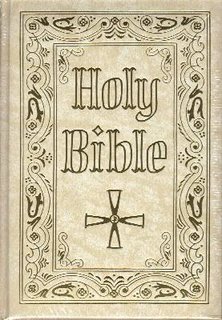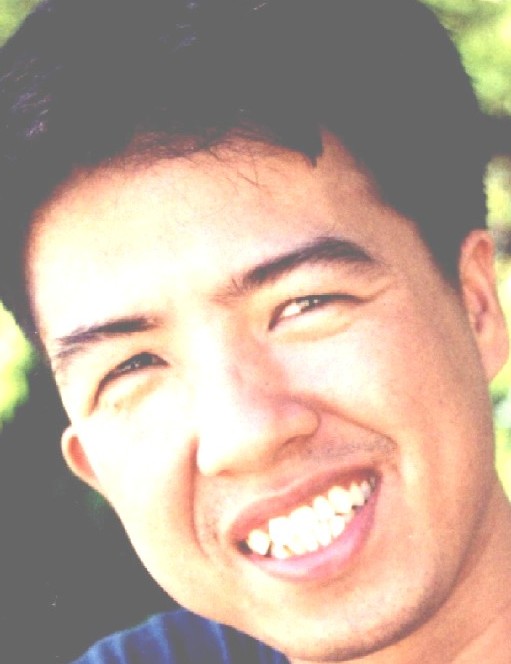
Feast of the Sto. Nino
(Mark 10:13-16)
Why is there a “second childhood”? Is it a second and last chance to enjoy the things we were not able to enjoy much on our first childhood? Or is it a second and last chance to learn what we failed to learn during our first childhood? Or is it the second and last chance to be “like a child” as the Gospel says, so that we could enter the Kingdom of God?
What does it mean to be “like a child?” What does a child do which an adult should imitate? Presumably because the adult does not do such a thing, or no longer does it or does not want to do it. But only in doing it can one enter the Kingdom of God. I guess, a child, unlike an adult, has no difficulty saying,
“I need you. I trust you. I let you.” I need you. A child needs his/her parents to live, to survive, to have a decent and human life. From the very beginning of its existence, it depends on its mother for its nourishment. It can not do without the mother, and later on, the parents. A child does not hesitate to express its needs. But when the child becomes an adult, he ceases to need other people, and rightly so perhaps, because he/ she has to grow as an independent individual. But many succumb to the tendency to declare total independence from others, from the world, from the environment, and ultimately, from God.
I trust you. A child trusts that his mother will take care of him. She trusts that people around him care about her. The child experiences his first frustrations when he suddenly realizes that the people he trusts has betrayed him. When the wounds of these betrayals are not healed, the adult becomes suspicious of other people, of the world, of God. He lives in paranoia, trusting no one, not even himself, not even God.
I let you. Because a child realizes that he could not many things, he lets other people do it for him. He allows people whom he trusts to provide for his needs, to help him in tasks still beyond his capacity to complete. He acknowledges his needs. He trusts. He lets go and lets be. But an adult who has become self-sufficient, who has because suspicious of everyone would not let anyone, even God, to do anything, to be anything for him/her.
To be a like a child? It is to be able to say, to others, to God:
“I need you. I trust you. I let you.”
 Let us allow Jesus to come into our hearts and lives. Let us allow God to truly reign in our hearts and lives, that the demons inside us may be driven away. For only Jesus has the power and authority to drive them out...by His words.
Let us allow Jesus to come into our hearts and lives. Let us allow God to truly reign in our hearts and lives, that the demons inside us may be driven away. For only Jesus has the power and authority to drive them out...by His words.

